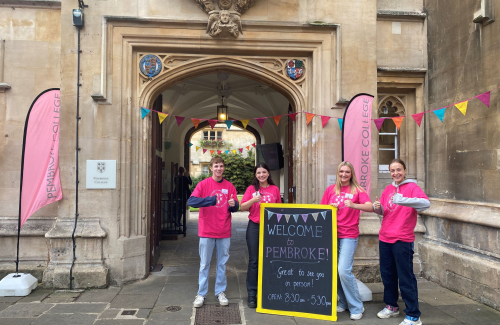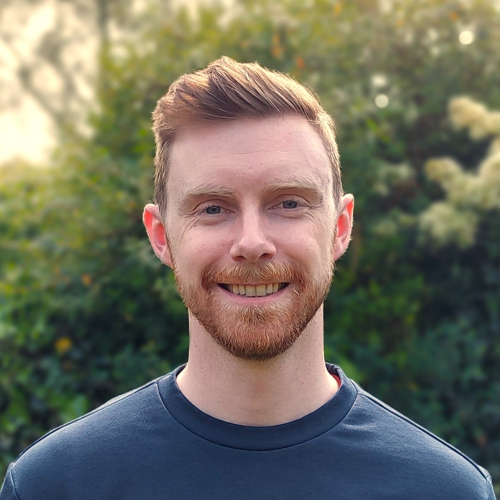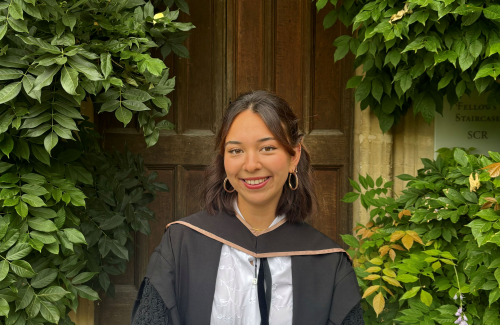Biochemistry
Why choose Pembroke?
- Our subject tutors, Professor Furger and Dr McHugh are all very experienced researchers who ensure you get tuition of the highest academic quality, and at the same time take the pastoral side of their role very seriously.
- To help with your studies, the College library has an up-to-date collection of the major Biochemistry textbooks and copies are made readily available to the students.
- The Biochemistry cohort usually meet up socially once a term, and there is an annual subject dinner which is attended by the whole subject community.
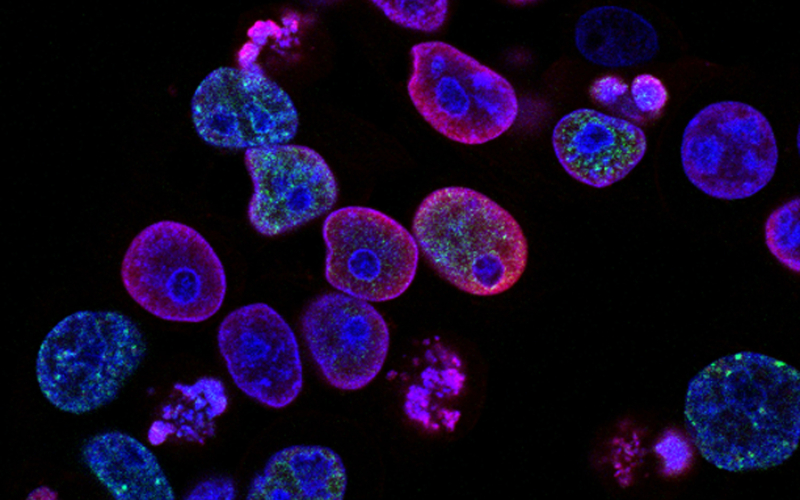
Meet Our Academics
Hear from our Students
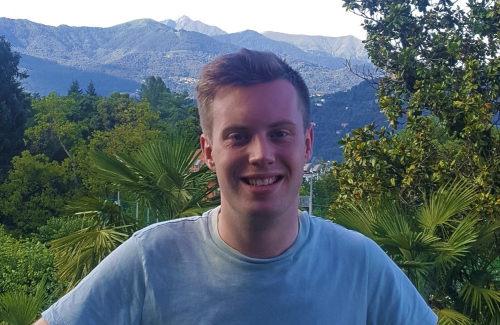
My Sixth Form College took part in several of Pembroke’s outreach projects. I had the opportunity to take part in an essay competition which enabled me to explore a degree level topic in detail (in my case, genetic engineering). Through this, I came across the Biochemistry course and decided the put in an application. The rest is history!
Pembroke welcomes applications from prospective Biochemistry/ Biomedical Research graduate students. Prospective graduates can apply for several competitive DPhil programmes offered by the Departments and Doctoral Training Centres at the University. As part of the application for these competitive studentships the candidates can express a preference for a College.
Pembroke has a very vibrant graduate community and regularly organises social and academic events to foster discussions between graduates and tutors and researchers from various different subjects.
Biochemistry
Why choose Pembroke?
- Our subject tutors, Professor Furger and Dr McHugh are all very experienced researchers who ensure you get tuition of the highest academic quality, and at the same time take the pastoral side of their role very seriously.
- To help with your studies, the College library has an up-to-date collection of the major Biochemistry textbooks and copies are made readily available to the students.
- The Biochemistry cohort usually meet up socially once a term, and there is an annual subject dinner which is attended by the whole subject community.

Meet Our Academics
Hear from our Students

My Sixth Form College took part in several of Pembroke’s outreach projects. I had the opportunity to take part in an essay competition which enabled me to explore a degree level topic in detail (in my case, genetic engineering). Through this, I came across the Biochemistry course and decided the put in an application. The rest is history!
Pembroke welcomes applications from prospective Biochemistry/ Biomedical Research graduate students. Prospective graduates can apply for several competitive DPhil programmes offered by the Departments and Doctoral Training Centres at the University. As part of the application for these competitive studentships the candidates can express a preference for a College.
Pembroke has a very vibrant graduate community and regularly organises social and academic events to foster discussions between graduates and tutors and researchers from various different subjects.
